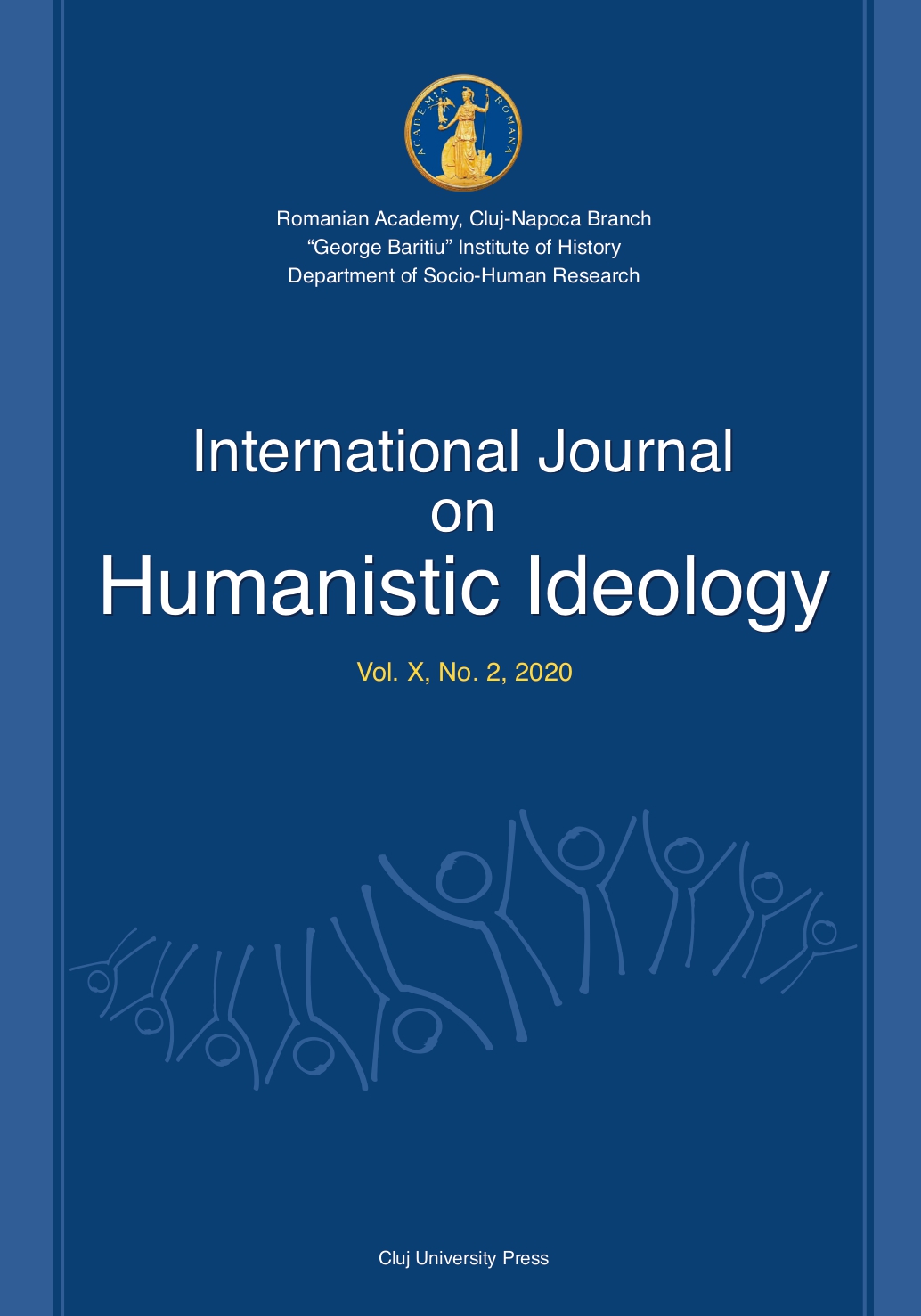Verbot und Transgression als Dialektik des Begehrens. Eine analytisch-phänomenologische Grundfrage in Auseinandersetzung mit Jacques Lacan
Prohibition and Transgression as Dialectics of Desire. A Fundamental Analytical-Phenomenological Research in Dialogue with Jacques Lacan
Author(s): Rolf KühnSubject(s): Philosophy, Psychology, Analytic Philosophy, Psychoanalysis, Phenomenology
Published by: Presa Universitara Clujeana
Keywords: jouissance; fear; original identification; Freud; Lacan; desire; truth;
Summary/Abstract: As a psychoanalyst, Jacques Lacan differentiated in his late period (starting from 1960) between the impossibility of symbolic representation covering the real (le réel) and the enjoyment (jouissance), which only partially subject itself to such signifiers and therefore generates a real residue – i.e. the “object a”. This “object a”, which differs from the imaginary object, represents a non-assimilable excess occurring as the cause of desire (désir). On the other hand, it refers back to the intrinsically concealed presence of “object a” as the origin of fear. In this way, the desire appears puzzling and solidifies itself in the phantasm of the “partial object” (Freud), which is believed to be the “Other” (A). The psychoanalytic cure consists in crossing this phantasm in order to give up the original identification; that is, to see the tension between the desire for recognition and the demand of the need (besoin) and thereby to dissolve it. For Lacan, the Freudian unconscious is thus a simultaneous opening and closing, the pulsation of which excludes depth and inwardness. Insofar as the subject is split between the singular truth of desire and a general knowledge about it, this truth really comes to speech only when is acknowledged the fact that “no language can ever tell the truth about the truth”.
Journal: International Journal on Humanistic Ideology
- Issue Year: X/2020
- Issue No: 2
- Page Range: 27-42
- Page Count: 16
- Language: German

